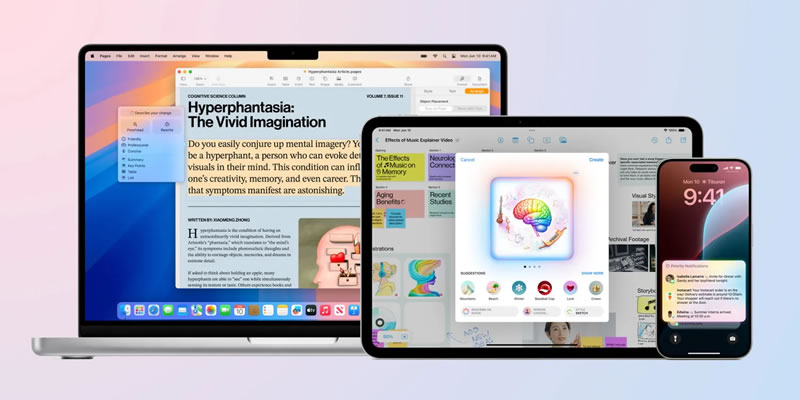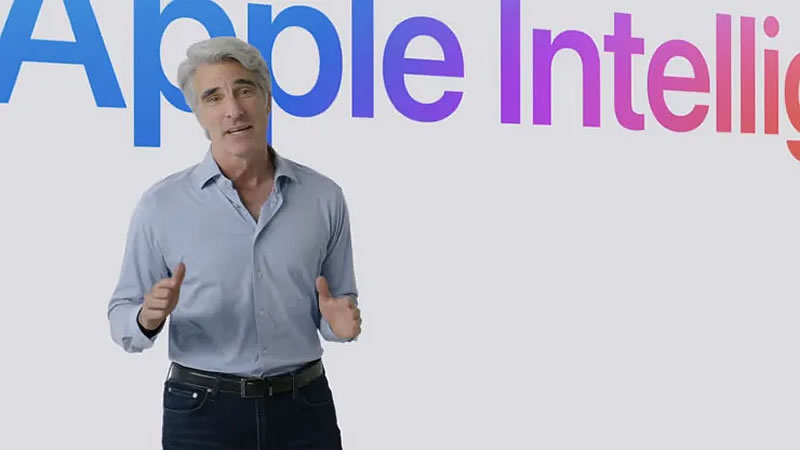Apple has introduced its latest artificial intelligence (AI) bundle, Apple Intelligence, during this year’s Worldwide Developers Conference (WWDC). Featuring tools for paraphrasing text, summarizing messages or emails, generating images and emojis, the AI bundle will be coming to iPhone, iPad, and Mac devices. However, it should be noted that despite updates to iOS 18, not all devices will be able to support Apple Intelligence.
The integration of AI technologies to Siri will also considerably enhance its capabilities, enabling it to comprehend the context of what’s displayed on the user’s device screen. It will also offer extended control over various aspects of its operation and interaction with applications.
The AI functions in Apple Intelligence will utilize both local device processing and cloud computing, as discussed at the presentation. Additionally, Apple has also partnered with the popular chatbot, ChatGPT, integrating it into Siri. Yet, not all users will enjoy the benefits of this new AI feature due to hardware limitations, even after upgrading to iOS 18, iPadOS 18, or macOS 15.
As some AI features require local data processing, the following hardware is required:
-
An iPhone based on A17 Pro chip or newer;
-
An iPad based on Apple M1 chip or newer;
-
Mac computers with Apple M1 chip or newer.

Consequently, only iPhone 15 Pro and 15 Pro Max owners will be able to enjoy the Apple Intelligence benefits after updating the software. AI capabilities are also expected to be supported by all future iPhone 16 models. A complete [list](https://www.apple.com/apple-intelligence/#footnote-1%20″ target=”_blank” rel=”nofollow) of devices, including those with M1 chip, has been published on Apple’s website. The AI bundle will be free and initially available only to US-based users in English. The beta version will be released this fall.
The first beta versions of iOS 18 and macOS 15 are already available for app developers. Public beta versions will be released next month, with a full release of the updates slated for autumn 2024.





